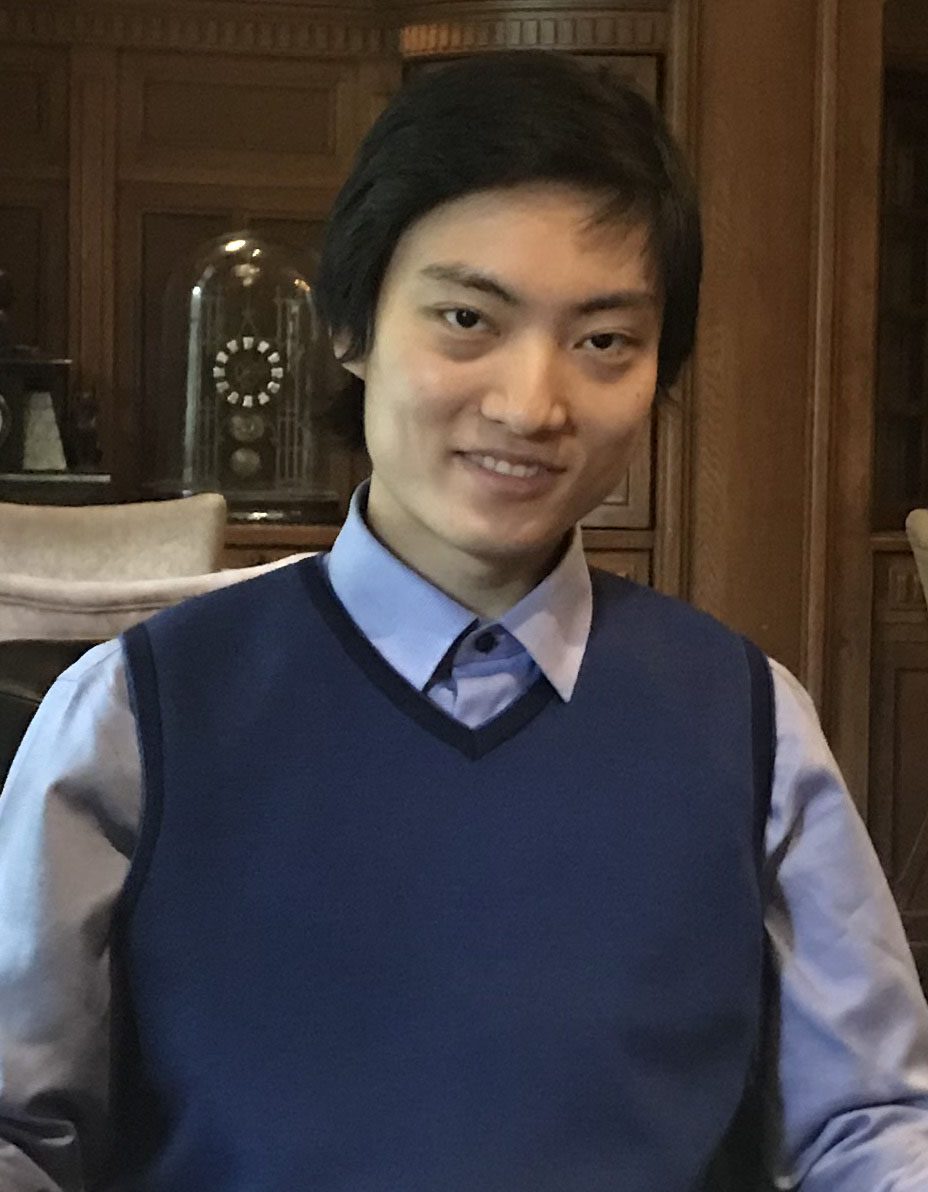Hansong Li is a political theorist and intellectual historian, currently teaching international relations at American University in Washington D.C. His research explores the normative languages and cultural practices of interstate justice in Western, South Asian, and East Asian traditions. In particular, he studies Vedic, epic & classical Sanskrit, as well as vernacular sources of political, economic, and legal thought, bringing them to bear on the reimaginations of history in modern debates over diplomacy and development. His book manuscript for Harvard University Press, Common Justice: Interpolitical Thought in Western, Indian, and Chinese Traditions, advocates for a ‘collaborative hermeneutic’ approach to world justice.
With Tarun Khanna (HBS) and Satchit Balsari (HMS/HSPH), Hansong Li is designing a book project based on the “Contemporary Developing Countries: Entrepreneurial Solutions to Intractable Problems,” which has been taught across Harvard University’s multiple schools and divisions for more than a decade. The book rethinks institutional voids in the developing world as opportunities to reshape local ecosystems, if entrepreneurs were to break their perspectival cocoons, steering their businesses from alternative perspectives of artists, scientists, and planners.
Hansong Li received his B.A. from the University of Chicago, M.Phil. from the University of Cambridge, and Ph.D. from Harvard University. His previous works range from legal philosophy, maritime theories, and Tangutology, to geopolitics and political economy. He is the author of “The ‘Indo-Pacific’: Intellectual Origins and International Visions in Global Contexts” (Modern Intellectual History, 2022), and the editor/translator of Tangut Language and Manuscripts (2019) and The Economy of Western Xia (2022).

